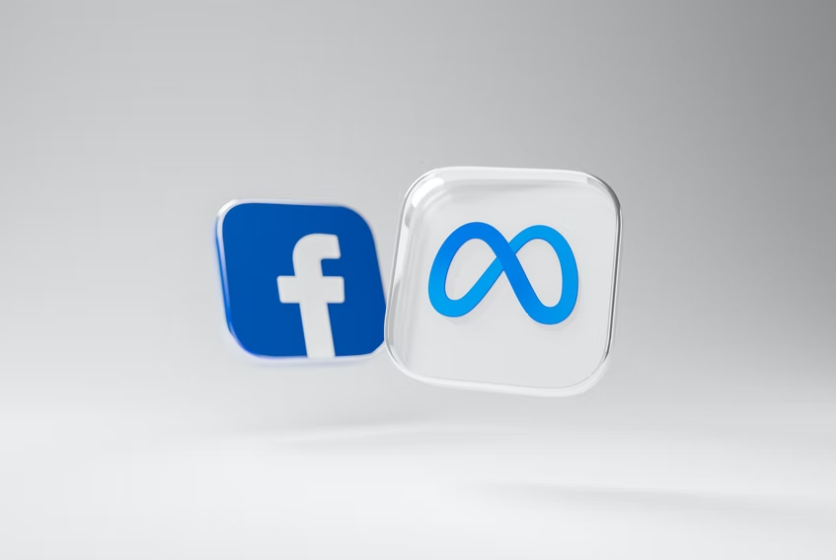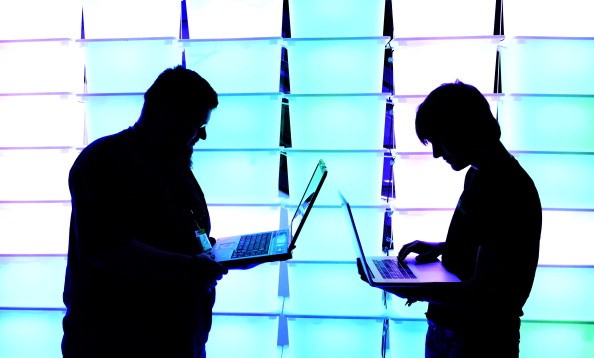Facebook is fast becoming a breeding ground for posts and groups praising Russian president Vladimir Putin. And the content that these users create is gaining traction by the minute, according to analysis by the BBC.
Ever since the Russia-Ukraine conflict started on February 24th, it was revealed that these pro-Putin groups on Facebook have gained over 100,000 new members. But there's far more to their numbers than meets the eye, because these users are also very active on the popular social media platform.
With aid from the Institute for Strategic Dialog (ISD), a think-tank based in London, the BBC was able to determine that avid supporters of the Russian president have created 16,500 posts, all of which received a total of 3.6 million engagements within the past month. The posts are being created and shared in several languages aside from English and Russian: Farsi, Khmer, and even Arabic, among others.
Furthermore, the total membership numbers of the pro-Vladimir Putin groups of Facebook are astounding on their own. Spread among a total of 10 public Facebook groups, the ISD revealed that the groups boast over 650,000 individual members.
The goal of these groups are pretty straightforward: portray the Russian leader in a positive light. They're claiming that Putin is a so-called "hero standing up to the western powers," with "overwhelming" international support behind his actions.
Fake And Duplicate Accounts Galore
But here's one thing that the ISD also found out about the pro-Putin groups' members on Facebook: many of the listed admins of the groups (at least 100 individual accounts) have duplicate accounts under their name. As such, the accounts and the engagements that they're earning are almost all fake.
Even so, the goal of these fake social media accounts can't be overstated. They want to create the appearance that there's massive support behind the Kremlin's actions when there is none, according to lead ISD researcher Moustafa Ayad.

Russia's Alleged Social Media 'Troll Farms' In Action
Earlier in March, ProPublica reported on the existence of Russia's Internet Research Agency. They called the organization a "network of paid trolls" whose initial goal was to influence the United States' 2016 presidential elections. Now, they're being implicated in a wave of pro-Russia propaganda in the wake of the Ukraine invasion.
Among the posts being shared by the organization included a video, which the trolls claimed to be proof that Ukraine is "faking" reports of civilian casualties. Soon after, it was discovered that the video (shared by four Russian-language accounts on Twitter) was a doctored version of a weather report from an Austrian TV network. Twitter then removed the accounts for a violation of its spam and platform manipulation policies.
Fighting Against The Propaganda Machine
The existence of widespread disinformation about the Russia-Ukraine conflict is astounding. But the world is doing what it can to fight back.

For instance, AP News reports that both the United States and Ukraine have been successful enough to fight back the waves of fake news and pro-Putin propaganda. However, they're still having problems getting a more accurate portrayal of the invasion in front of Putin's subjects-mainly because of Russia's recent widespread bans of Facebook, Twitter, and other social media platforms.
Either way, the battle online goes on.
This article is owned by Tech Times
Written by RJ Pierce
ⓒ 2026 TECHTIMES.com All rights reserved. Do not reproduce without permission.




